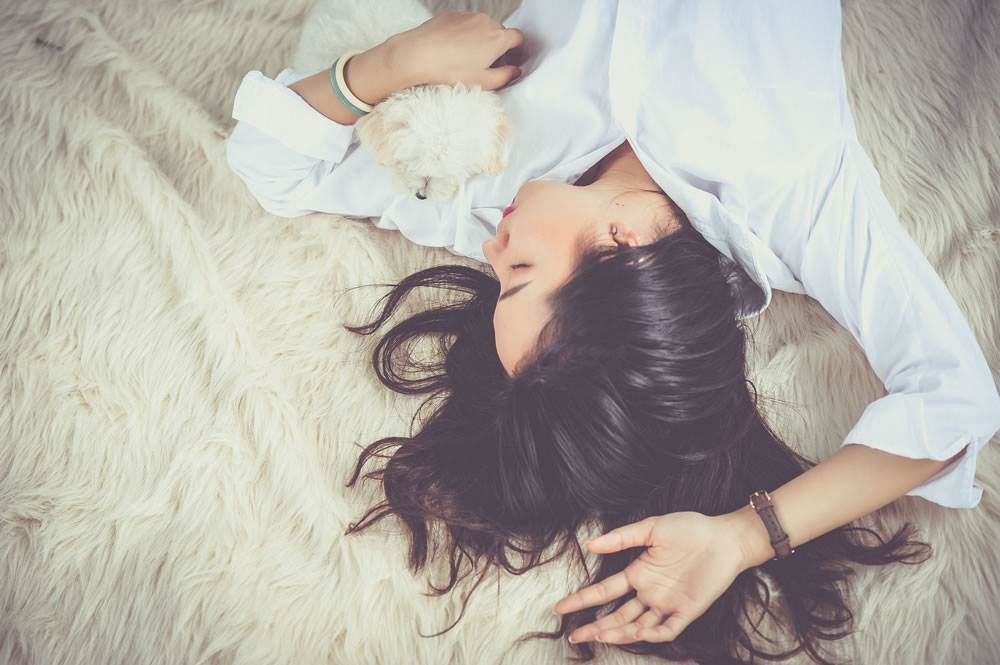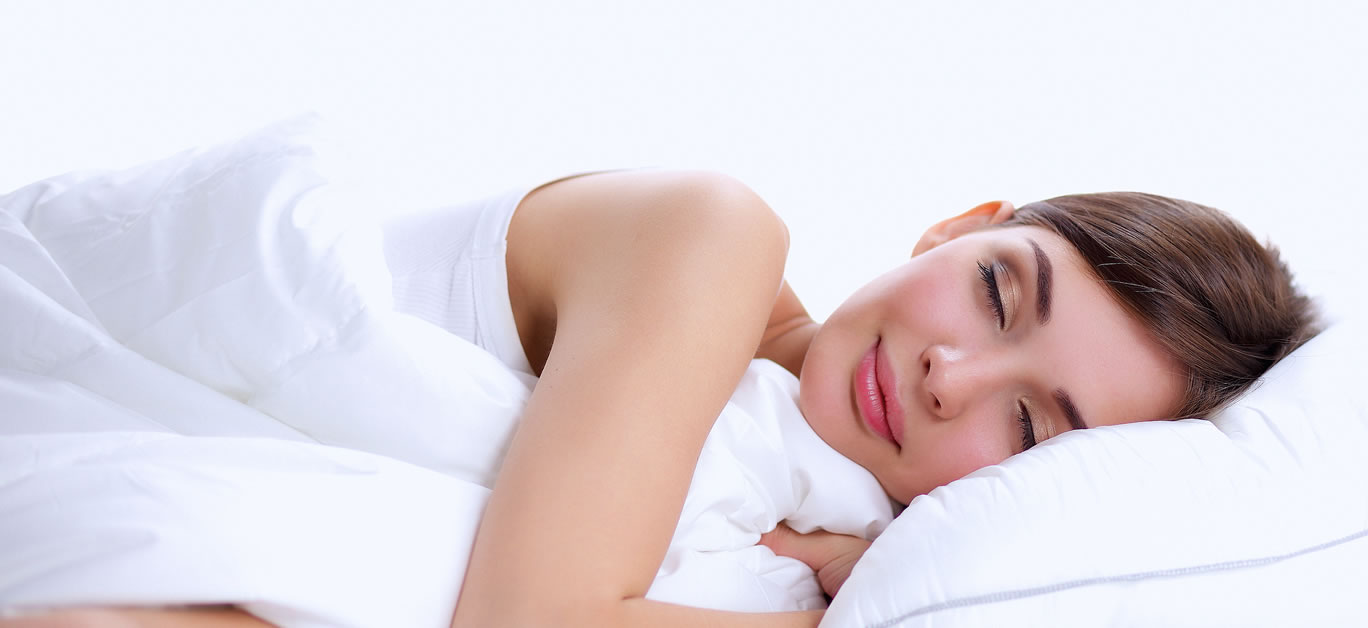Your body’s natural sleep clock is designed to regulate sleepiness and wakefulness so you know when you should be up and about and when you should be in the land of nod. It’s so important; it even has two names: it’s also known as your circadian rhythm.
It differs for all of us, which is why some people are early birds, and others might be night owls. It can even change as we age. Interestingly, it’s controlled by light and our exposure to it, which is why we feel more naturally alert during daylight hours and explains why, during the very short days in winter, leaving home in the pitch black and returning to the same can make us feel sleepier, sluggish and less willing to be active.
Throughout the day, your circadian rhythm will rise and fall, with many people feeling the desire to sleep after lunch, between the hours of 1 and 3pm.

To find the right rhythm for you, of course, you could take various tests, but according to experts at Click Pharmacy these simple rules will help rebalance your system, and if you listen to when you feel tired, you’ll soon settle into the right pattern for your body.
Avoid technology before bed
The brightness of the artificial light fools your brain into thinking it’s still daytime and therefore that you should be alert and active. Having low lighting and maybe reading a book will induce drowsiness at the right time.
Watch what you eat
Having a balanced diet, staying hydrated and avoiding excessive alcohol will stabilise your blood sugar and therefore your energy levels too. Peaks and troughs in your blood sugar can disturb sleep and might even encourage you to eat at the wrong times so make sure your diet contains the right stuff – proteins, complex carbs, healthy fats and fruit and veg.

Get into a routine
Going to bed and getting up at the same time every day will help you find out what works for you. If going to bed at 10pm and getting up at 6am doesn’t work for you after weeks of trying, then you need to adjust it. Keep testing different things to see what’s best. Of course, drifting off to the land of nod will be much easier if you have a super comfortable bed to relax into – such as those from Dreamers Beds. If you still struggle to drop off even when you’ve done everything you can, you could speak to the experts who will be able to advise on sleep aids and you may try these techniques that help you fall asleep.
Go for a walk in the morning
As mentioned, your circadian rhythm is balanced by exposure to light, so a walk first thing will help to ensure you feel instantly alert and ready to take on the day ahead.
If you’re after some more insight into your sleeping patterns, you can even download sleep apps. You pop your phone under your pillow before you sleep and they track your periods of restfulness and REM sleep so you can see how your body works. By analysing the info, you might know that you’re already half-awake from early on so going to bed a bit earlier and setting your alarm sooner could get you up with the larks.






















